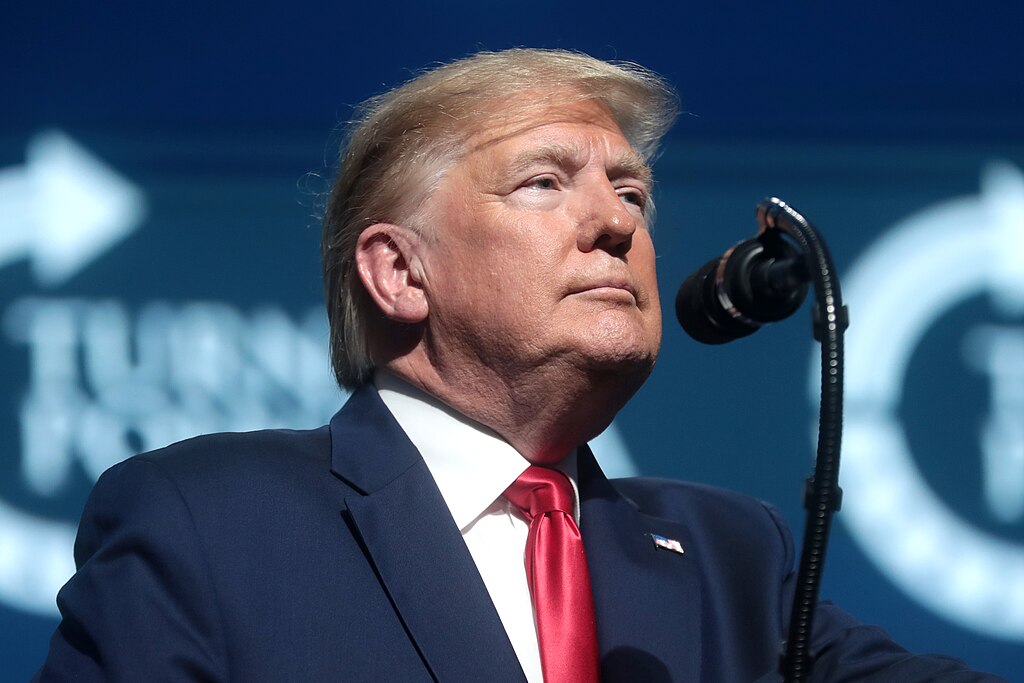The Secret Service is under intense scrutiny from GOP lawmakers and within its ranks. A leaked email from a rogue Secret Service counter-sniper has added fuel to the fire, demanding significant changes in the agency's leadership and warning of the likelihood of another assassination attempt before November.
The email, obtained by RadarOnline.com, reveals the sniper's frustration with the agency's current state and calls for the firing of five high-level supervisors. The sniper argues that the agency's leadership failures have compromised its ability to protect key figures, citing the July 13 assassination attempt in Butler, PA, as a prime example.
The sniper claims that despite the technicians on the ground doing their jobs to the best of their abilities, their efforts were undermined by the poor decisions of their supervisors. The email highlights a dire need for change within the agency, stating that the leadership's inability to address these issues could lead to another assassination attempt shortly.
The email's author criticizes the agency's response to the July 13 incident, where gunman Thomas Matthew Crooks was seen lurking with a rangefinder and flagged by multiple witnesses before he opened fire from a nearby roof. The Secret Service eventually neutralized the crooks, but the incident resulted in a civilian death and raised serious questions about the agency's operational effectiveness.
Kimberly Cheatle, the then-director of the Secret Service, admitted to the House Oversight and Accountability Committee that the shooting represented the agency's most significant operational failure in decades. Cheatle has since resigned, and Ronald Rowe Jr. has been appointed as Acting Director. Rowe has called for a thorough investigation before any personnel changes are made.
The sniper's email expresses frustration with the agency's culture, accusing supervisors of prioritizing self-preservation over their duty to protect. The sniper laments the agency's current state, stating that it has failed to fulfill its mission to prevent high-profile assassinations.
The email's release has sparked a heated debate within the agency and among lawmakers. Sen. Marsha Blackburn (R-Tenn.) referenced the email during a joint Senate Judiciary and Homeland Security and Governmental Affairs committee hearing, questioning Acting Director Rowe about the concerns raised by the sniper.
Rowe acknowledged the emotional toll the incident has taken on the agency, stating that he is committed to addressing the issues highlighted in the email. He emphasized the need for a thorough review and wanted to hear more from the duty officers and technicians involved.
The leaked email underscores the deep internal divisions and challenges facing the Secret Service as it grapples with the aftermath of the assassination attempt on Trump. As the agency moves forward, it must address these internal issues to restore confidence in its ability to protect national leaders.
The full ramifications of the sniper's explosive allegations remain to be seen. Still, one thing is clear: the Secret Service is at a critical juncture, and significant changes may be necessary to ensure its effectiveness and restore public trust.



 U.S.-India Trade Framework Signals Major Shift in Tariffs, Energy, and Supply Chains
U.S.-India Trade Framework Signals Major Shift in Tariffs, Energy, and Supply Chains  Trump Lifts 25% Tariff on Indian Goods in Strategic U.S.–India Trade and Energy Deal
Trump Lifts 25% Tariff on Indian Goods in Strategic U.S.–India Trade and Energy Deal  Federal Judge Restores Funding for Gateway Rail Tunnel Project
Federal Judge Restores Funding for Gateway Rail Tunnel Project  Trump’s Inflation Claims Clash With Voters’ Cost-of-Living Reality
Trump’s Inflation Claims Clash With Voters’ Cost-of-Living Reality  Japan Election 2026: Sanae Takaichi Poised for Landslide Win Despite Record Snowfall
Japan Election 2026: Sanae Takaichi Poised for Landslide Win Despite Record Snowfall  Trump Signs Executive Order Threatening 25% Tariffs on Countries Trading With Iran
Trump Signs Executive Order Threatening 25% Tariffs on Countries Trading With Iran  Missouri Judge Dismisses Lawsuit Challenging Starbucks’ Diversity and Inclusion Policies
Missouri Judge Dismisses Lawsuit Challenging Starbucks’ Diversity and Inclusion Policies  Trump Signs “America First Arms Transfer Strategy” to Prioritize U.S. Weapons Sales
Trump Signs “America First Arms Transfer Strategy” to Prioritize U.S. Weapons Sales  U.S. Lawmakers to Review Unredacted Jeffrey Epstein DOJ Files Starting Monday
U.S. Lawmakers to Review Unredacted Jeffrey Epstein DOJ Files Starting Monday  TrumpRx Website Launches to Offer Discounted Prescription Drugs for Cash-Paying Americans
TrumpRx Website Launches to Offer Discounted Prescription Drugs for Cash-Paying Americans  Trump Says “Very Good Talks” Underway on Russia-Ukraine War as Peace Efforts Continue
Trump Says “Very Good Talks” Underway on Russia-Ukraine War as Peace Efforts Continue  Trump Endorses Japan’s Sanae Takaichi Ahead of Crucial Election Amid Market and China Tensions
Trump Endorses Japan’s Sanae Takaichi Ahead of Crucial Election Amid Market and China Tensions  Nighttime Shelling Causes Serious Damage in Russia’s Belgorod Region Near Ukraine Border
Nighttime Shelling Causes Serious Damage in Russia’s Belgorod Region Near Ukraine Border  New York Legalizes Medical Aid in Dying for Terminally Ill Patients
New York Legalizes Medical Aid in Dying for Terminally Ill Patients  India–U.S. Interim Trade Pact Cuts Auto Tariffs but Leaves Tesla Out
India–U.S. Interim Trade Pact Cuts Auto Tariffs but Leaves Tesla Out  US Pushes Ukraine-Russia Peace Talks Before Summer Amid Escalating Attacks
US Pushes Ukraine-Russia Peace Talks Before Summer Amid Escalating Attacks 































